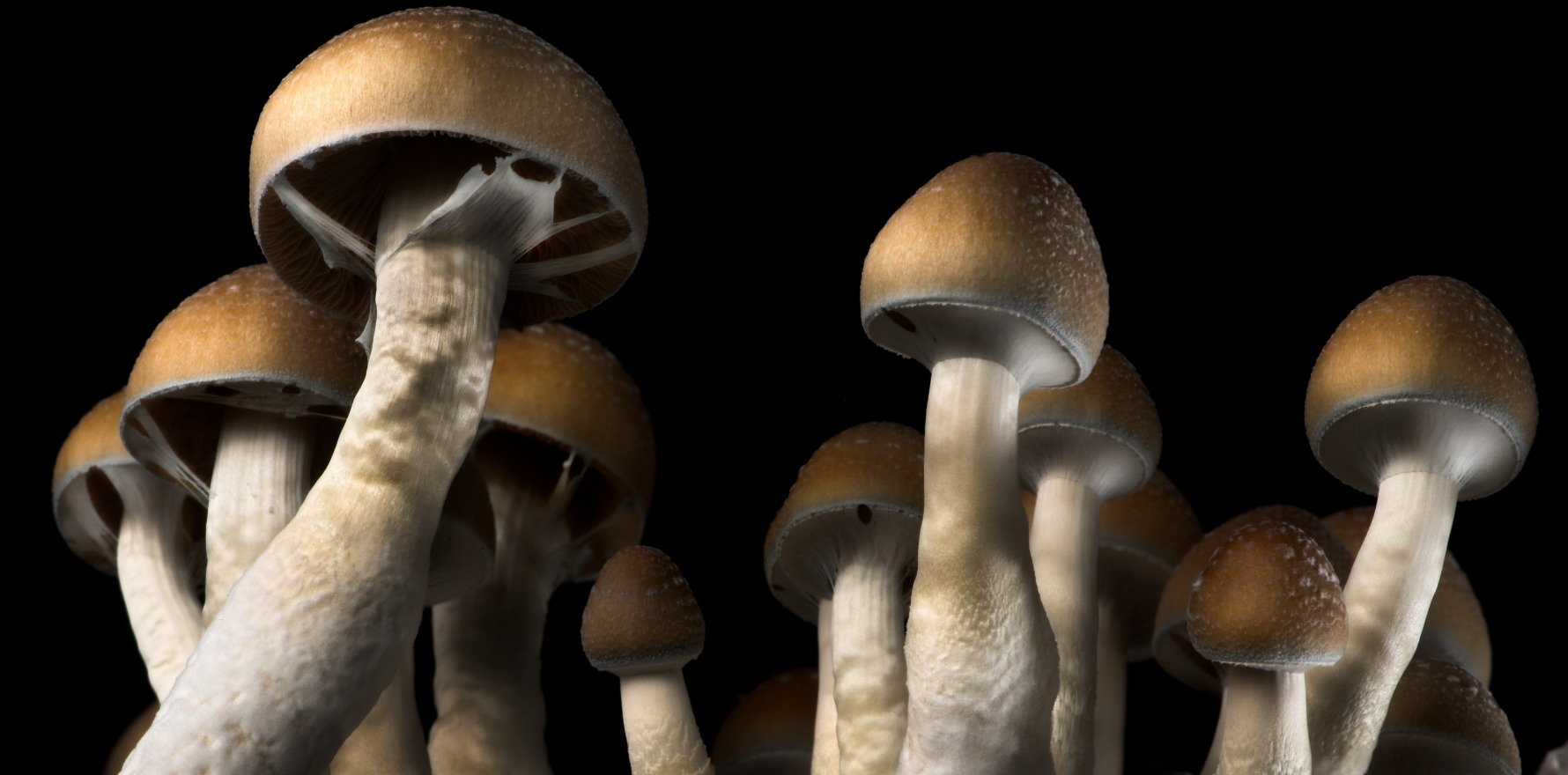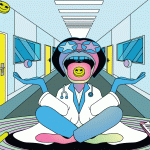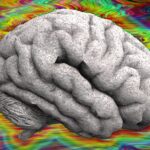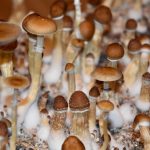Overhyping the therapy could put clinicians at risk of backlash from patients.
Experts are calling for psychedelic supporters to curb their enthusiasm amid concerns that hype could jeopardise research and upset desperate patients.
Naturally occurring psychedelics have had a place in therapeutic, spiritual and religious practices for some First Nations communities for centuries, but when psychotropic substances were outlawed globally in 1971, promising research into their use in psychotherapy was squashed.
Since the early 2000s the clinical research has again been gathering momentum – along with public endorsements for a range of conditions – though it remains in the early stages.
In July 2020, not-for-profit organisation Mind Medicine Australia applied for psilocybin (the active component of magic mushrooms) and MDMA (aka ecstasy) to be rescheduled by the TGA, a decision the watchdog recently announced it would delay while it seeks further advice.
The drugs currently sit alongside heroin and other prohibited substances within Schedule 9, where they can legally only be used for research.
But the advocacy group wants them dropped to Schedule 8 alongside morphine and fentanyl – a move that would formally recognise them as medicines – and make it easier for psychiatrists or specialist addiction physicians to prescribe them with psychotherapy, which some states and territories allow under Special Access Scheme-B.
There is growing evidence for the efficacy of MDMA combined with psychotherapy in alleviating symptoms of PTSD and psilocybin-psychotherapy has been associated with significant improvements for patients with major depression. It’s also shown promise in other contexts including smoking cessation, alcohol dependence, anxiety, anorexia and OCD.
But Monash University’s Dr Martin Williams pointed out that most trials of psychedelics for mental health were yet to reach phase three (which involves comparing interventions to existing treatments).
“The only phase three trial completed [internationally] is the first of two trials planned by the Multidisciplinary Association for Psychedelic Studies (MAPS) using MDMA for PTSD,” said Dr Williams, a pharmaceutical sciences researcher and co-lead of the first phase two trial of psychedelic-assisted psychotherapy to begin recruiting in Australia.
Although he is executive director of a not-for-profit that facilitates psychedelic research (PRISM), he told TMR he worried psychedelics were at risk of becoming a solution in search of problems if public claims race ahead of the evidence.
“Unfortunately, one of the things psychedelics tend to do is make people want to tell the world, so everybody can experience what they’ve experienced,” he said.
“But we do feel that a note of caution would be the best strategy at this point, until statistically significant results are accumulated to the extent that the sceptics within the medical profession have less argument against the implementation of psychedelic psychotherapies.”
Psychologist and associate professor at the National Drug Research Institute Nicole Lee said hype could jeopardise research progress by setting expectations too high.
“Phase three trials of medicines have up to a 50% failure rate – either because they don’t meet the efficacy or safety threshold or because they can’t demonstrate commercial value compared to existing therapies,” she said.
There was also the risk that patients who had not improved with existing therapies would hear advocates claim the drugs are ready to be rescheduled and self-medicate.
A recent survey revealed patients in Australia were sourcing magic mushrooms and LSD to treat their own mental health concerns.
A clinical memorandum by the Royal Australian and New Zealand College of Psychiatrists said controlled trials to date suggest psychedelics have a low risk profile at therapeutic doses, though MDMA can cause tachycardia and temporary spikes in blood pressure, and more research was needed on safety to guide possible use in psychiatry.
Dr Williams said the major medical concerns for patients taking psychedelics outside a clinical trial would be any underlying physical condition such as a heart condition.
“For example, high blood pressure or cardiac arrhythmias. And psychological risk factors would include either a prior history or a close family history of psychosis or certain mental health disorders, personality disorders, and so on,” he said.
Professor Lee stressed that taking psychedelics was “not like just taking Panadol at home”.
“The trials that have been conducted are highly supervised and people participating get a lot of medical and psychosocial support whilst undergoing treatment … There are some very enthusiastic supporters of the general use of these medicines in Australia, but largely they are not health scientists or medical professionals. We just aren’t at a stage where we can say to GPs or psychiatrists go ahead and prescribe these.”
Professor Lee added that clinicians can remind patients there are existing treatments including psychological therapies that work well for mental health disorders.
“By being circumspect, I’m not at all suggesting we should abandon this new direction. I’m very hopeful that the Australian government’s announcement of $15 million towards research will be fruitful in the coming years.”
Dr John Gardner told TMR he thought most of the public portrayal of psychedelics was cautiously optimistic but there were some comments that were “overhyped”.
“Some of the advocacy groups are downplaying the fact we still need more clinical research in this area, they are saying the existing data proves that the therapies work,” said Dr Gardner, a sociologist focusing on medical innovation at Monash University.
There were also fringe groups that had some media traction, which may be confusing for the public, he said.
“These groups who are full-on advocating for psychedelics – not just for medicinal purposes, but more generally, for transformative altered states of consciousness and the good of humanity … these are the groups that tend to be quite anti-capitalist and a little bit critical of some of the work that’s going on in medical psychedelics – they don’t want to see it medicalised but are nevertheless perpetuating this idea that psychedelics are a panacea or silver bullet.”
Dr Gardner said heightened expectations could even lead to withdrawal of support and resources if an adverse event occurred in a clinical trial.
But hype more likely posed a threat to patients and clinicians in the early stages of use, he said.
“[Patients] could be quite desperate and go into the therapy expecting something miraculous. And a therapy isn’t going to work for everyone – so if their expectations aren’t correctly managed there could be a backlash, or people will fail to appreciate the positive results they have had.
“It places a huge burden on the frontline health professionals who then have to deliver that therapy because they have to do a lot of expectation management, and if they don’t it comes back to bite them because they get accused of providing poor service or not informing patients or their families properly.”
Dr Gardner will be working with Monash University colleague Dr Paul Liknaitzky to understand patient expectations and difficulties for therapists involved in psychedelic clinical trials, which they hope will inform future service delivery.
In the meantime, a key message he wanted to see in public discussions was that the therapy consisted of psychotherapy combined with the drug, rather than the drug itself.
“There is a risk that people think, ‘OK, I just need to get hold of some and go home and take it’, and that may cause problems because psychedelics essentially make you incredibly sensitive to your surroundings and to your pre-existing emotional state. So, if you are a little bit anxious and you’re in a context that is anxiety-provoking and take psilocybin, you’re going to have a horrible, horrible experience and you might do something silly.”





